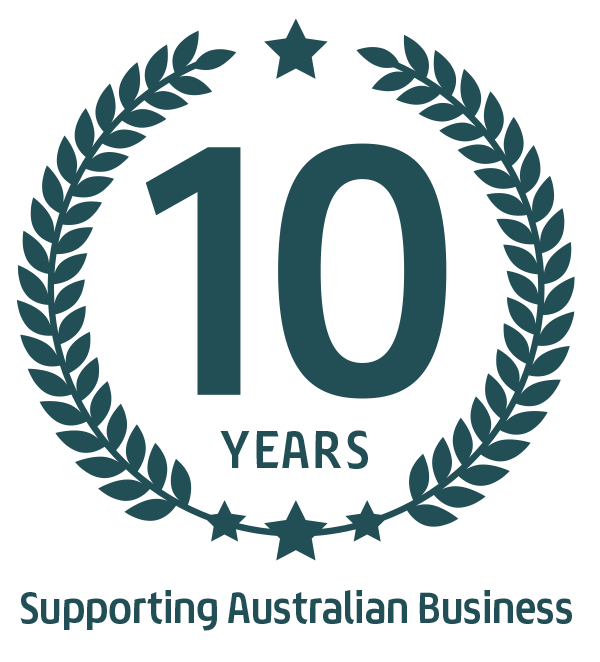One of the best things about social media in comparison to traditional media is that it puts everyone on a level playing field. Whether you are a big business, a medium business, or a small start-up business, you have access to the same audience on social media and the same opportunity for success. Learn how small businesses can utilise social media.
The number of people worldwide using a mobile phone has increased from 100 million in 2018, to 5.1 billion in January 2019. With the rise of digital media, and the number of people now accessing the internet and using their phones on a daily basis, if you aren’t on social media you are missing out on a huge opportunity to reach your customers and gain new ones for your business.
Types of Social Media
The first thing to work out is what social media platforms you want to be on. Your audience factors into this.
Start by putting together a buyer’s persona. Who is your ideal customer? What do they look like? What is their family situation? What is their likely income?
Knowing all of this will help you find them online, as these factors determine what platform they hang out on. Here are the most common social media platforms to consider:
A great way for small businesses to utilise social media is through Facebook. You can set up a business page and even a group for your audience. Facebook offers very targeted advertising options, which means if you have already worked out your buyer’s persona, you can then use this information to target ads towards them. Facebook allows you to share lots of different types of media, including video, text, blogs, infographics and more.
Instagram has more of a niche audience geared towards high-quality imagery. If you’re a business that doesn’t produce much visual content, then this isn’t going to be the platform for you. Likewise, if you are in the business of imagery – a photographer for example – then you will be missing out by not putting yourself forward here.
Geared more at professionals, LinkedIn works best as a B2B platform for businesses. You have the opportunity to set up a company page, use the platform to search for more employees, and interact with other professionals and businesses.
This platform is well-known for being able to increase your brand’s reach, but you need to be able to keep up. With 280 characters at your disposal, you need to keep your message short and sweet and keep up with the fast-moving platform. The use of hashtags allows you to follow trending conversations and get in on them, promoting your business at the same time.
YouTube
This platform is all about the videos and is a good place to be if you are regularly producing video content. Whether you put together how-tos for your business, hold seminars, have guest speakers, or have other ways to create valuable information for your audience, video is a good way to share it. Plus, video can also be shared across other platforms so it can be utilised in many different ways.
How To Get Started
Once you have chosen the platforms you want to be on, the next thing to do is to put a strategy together. There is no point in being on social media unless you have an end goal. Whether it’s to sell products, offer services, get more newsletter sign-ups, or build awareness for your brand, you need to have a clear goal in mind, so you can work backwards and determine how you plan to achieve it.
A good way to do this for your business is with S.M.A.R.T objectives. Having S.M.A.R.T goals in place, ensures you are getting the most out of each social media platform and achieving something for your business. Many businesses make the mistake of setting up a social media presence, with no clear goals in mind. This not only wastes your time but doesn’t achieve any results either.
Have someone in your team in charge of managing your accounts, to ensure they don’t float under the radar. You need to be active and accountable if you want results.
Time To Get Social
There are so many benefits that come with jumping online and setting up a social presence for your business. You can reach a larger audience, sell, increase your leads, gain engagement for your brand and increase awareness. The most important thing is that you do your research and have a well-thought-out plan in mind before you dive in, ensuring you get the results you are after.










